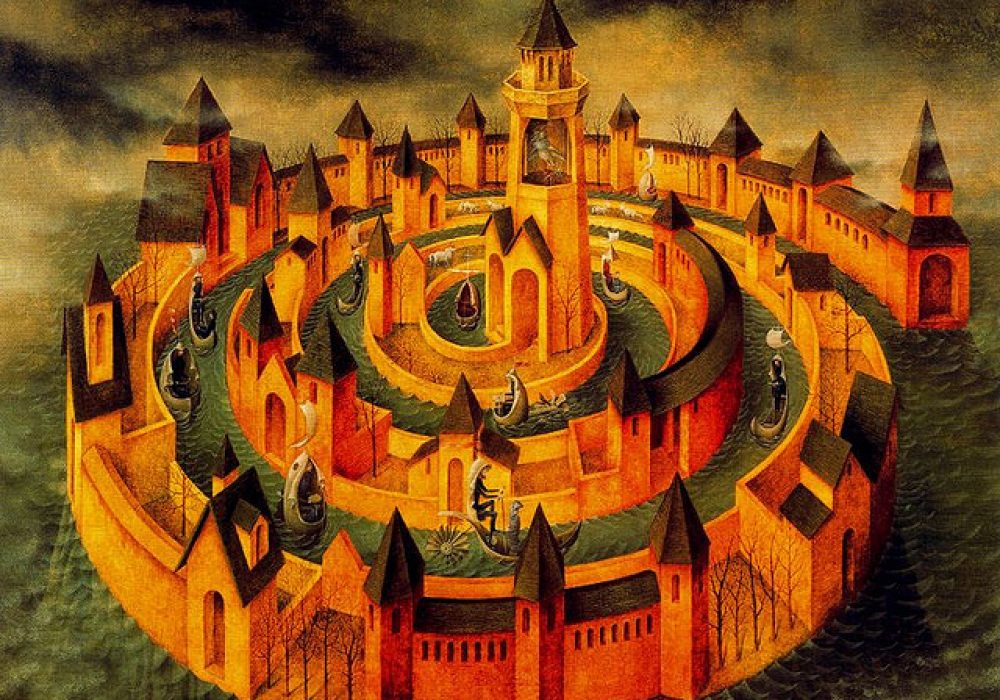a symposium with
Jonathan Lear (University of Chicago)
Bernard McGinn (University of Chicago)
Lisa Ruddick (University of Chicago)
Rosanna Warren (University of Chicago)
Thomas Pavel, Moderator (University of Chicago)
cosponsored by the John U. Nef Committee on Social Thought
Many of the cultural products of the world’s civilizations have arisen out of the inner life of religious figures, poets, and philosophers, in which the roots of self-knowledge, creative imagination, or communion with God are found. Without neglecting the interior lives of ordinary people, one can cite as examples Socrates’s mystic trances, St. Teresa of Avila’s discovery of an “interior castle,” Keat’s practice of “negative capability,” or the self-knowledge Freud found in his dreams and self-analysis. What does it mean to have an interior life and to what extent is such a life made more difficult in the busyness of our technological culture?

